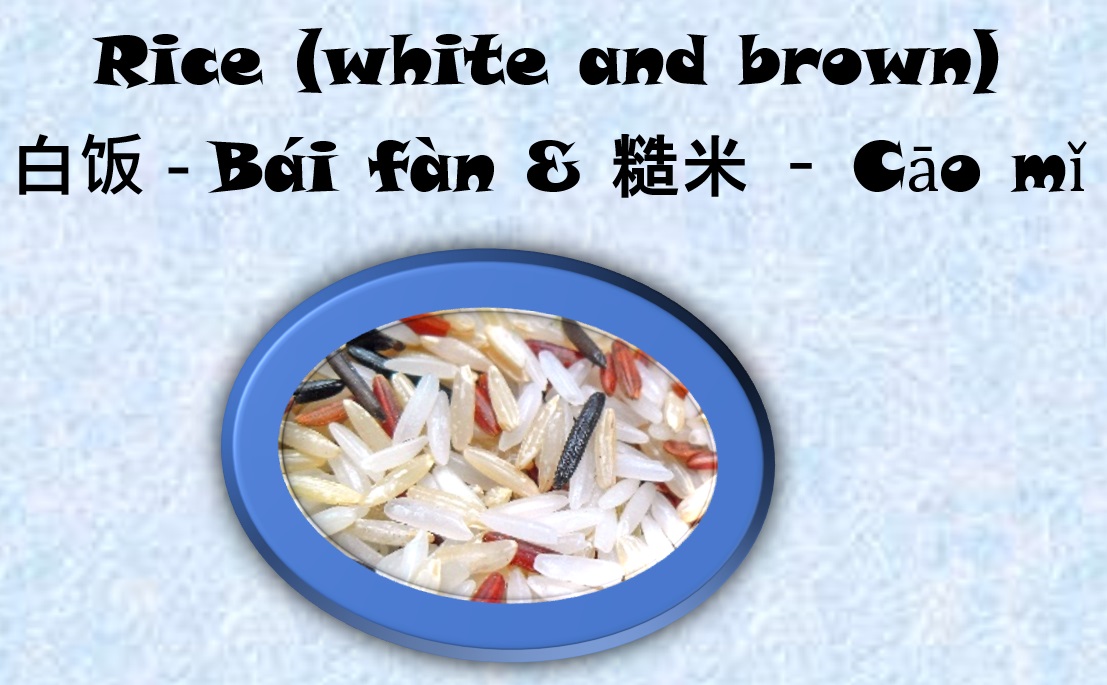Blog Details
Rice
November 30, 2021

As a cereal grain, domesticated rice is the most widely consumed staple food for over half of the world's human population, especially in Asia and Africa. It is the agricultural commodity with the third-highest worldwide production, after sugarcane and maize.
Based on TCM, rice can be used to supplements qi and blood, harmonizes stomach, strengthens spleen, regulates and produces body fluids, relieves diarrhea, and diuretic.
The preparation methods of rice are boiled as porridge, steamed and as a decoction.
White Rice contains carbohydrates, protein, fat. Brown rice contains vitamin B1, B2, B3, and E, iron, potassium, all essential amino, acids, and linoleic acid.
Some indications that can be reduced by rice are:
* Spleen and stomach vacuity: general lack of strength, lack of appetite, nausea, vomiting, morning sickness, diarrhea
* Heat symptoms due to stomach yin vacuity: thirst, dry mouth, restlessness, insomnia (stabilizes mood swings)
* Rice (along with millet) is recommended for strengthening the stomach and spleen network (short-grain, glutinous rice especially, supplements qi).
* Short-grain (glutinous, sweet, or sticky) rice, with its warming thermal nature, is very suitable for supplementing qi and blood.
Note: this is just an information regarding rice. For the usage and dosage and for the specific health issue, please consult with the herbalist or your health care provider.
References:
- Kastner, Joerg. (2004) Chinese Nutrition Therapy. Complementary Medicine.
- (2021). Rice. https://en.wikipedia.org/wiki/Rice


 English
English Indonesian
Indonesian